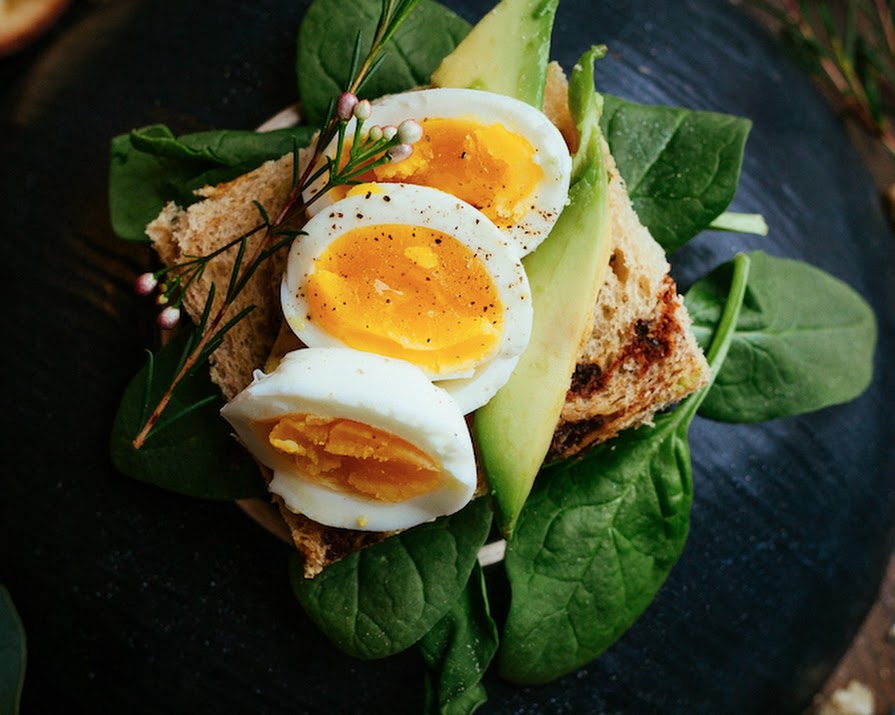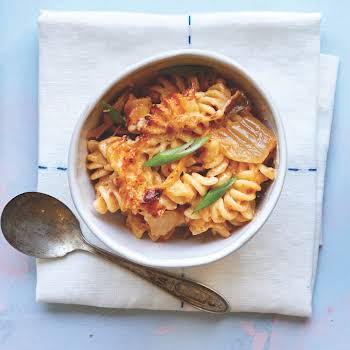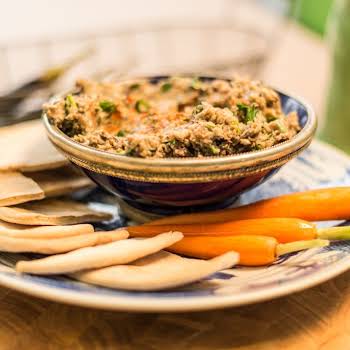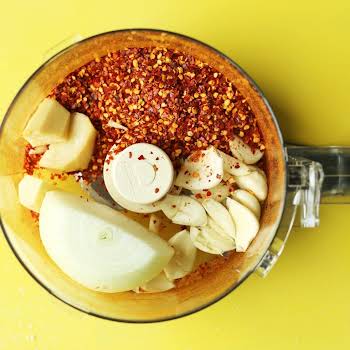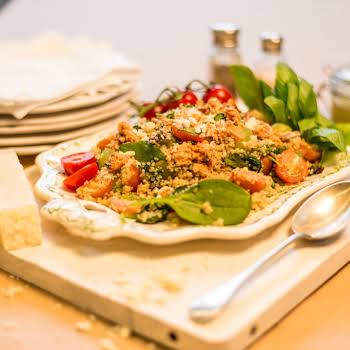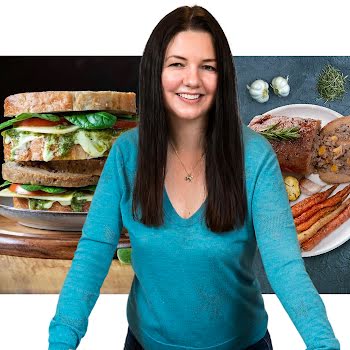
Five ways to improve nutrition in order to help reduce and relieve stress
By IMAGE
29th Aug 2021
29th Aug 2021
Suzanne Leyden is a Nutrition, Health and Wellness Coach at The WellNow Co. who writes that good nutrition is the first step to reducing stress.
Having worked in TV and film production, and owned my own TV advertising production company I was a prime candidate for burnout. I was diagnosed with IBS in my early twenties but was assured by my GP that my diet had nothing to do with my symptoms.
It was after I had my first baby I started to look into nutrition and how I felt when I changed aspects of my diet. It was 4 years later when my second baby was two months old that I made the decision to pursue my passion for nutrition and wellness and embrace going back to college. I am now a qualified Nutrition, Health and Wellness Coach and have three children spanning the length of primary school.
Why is nutrition so important in stress management?
Having experienced the positive impact of changing what I eat, I can fully attest to the value of good nutrition to ease the symptoms of stress. It won’t necessarily be the silver bullet, and if the stress is deep-rooted it has to be addressed. But from a physical perspective, if we can allow our bodies to function optimally where our gut health is tip-top, our hormones are given the chance to balance and we have our macronutrients (carbohydrates, protein and fat) at the right ratio, then the impact can be enormous. It’s important to chat to your GP about any major nutrition or lifestyle changes you are making, and approach your health in a fully holistic way.
Eating well is not rocket science, but if it was easy then you wouldn’t be reading this article. These tips are achievable but in order to succeed, I would suggest outlining your desired goals and breaking them down into achievable action steps. Tracking these steps will allow you to tweak them to really work for you. As you tick your way through your achievements, knowing that success breeds success, you are ever-closer to achieving your overall goal.
Keeping a food diary for a week is a really effective way to see where you might have clear areas that could be improved, such as skipping meals or eating more junk food than you thought.
1. Eating a whole foods diet
A whole foods diet really means eating the least processed version of foods as possible. You are effectively eliminating processed foods and all the sugar, salt and chemicals that unnecessarily come with the convenience. This means lots of fruits and vegetables, beans, lentils, pulses, fresh meat, poultry and fish, all ideally organic if you can. Cooking from scratch is key, so your freezer can play a really important role in successfully staying on track. As can really good meal planning.
2. Eating a broad range of fruit and veg
Variety, as it turns out, really is the spice of life! By eating a diverse range of fruit and veg not just across the day, but the whole week, can have a huge impact on our micronutrient (think vitamins and minerals) intake. All the different colours bring their own attributes in terms of micronutrients. Ideally we choose organic, but there are cost implications to this so check out the clean 15 and dirty dozen from EWG which will help prioritise which ones to buy as organic. Micronutrients have different functions in the various systems in the body, so by broadening the range we are helping to boost the functionality across all the systems of the body.
3. Staying hydrated
Our body is made of about 60% water and by letting that dip, it has a negative impact on our functioning down to a cellular level. We feel it by having low energy and brain fog in the short term. Our skin can show it and our digestion can be affected in the long term. Very often we will mistake thirst for hunger due to the kick to our energy levels, and we will eat unnecessarily. Really listening to our bodies and staying hydrated can help our energy levels and manage weight also.
4. Cutting back on sugar
Blood sugar imbalances mess with our hormone function. By consuming unrefined sugar (think soft drinks or a chocolate bar) we get an energy spike and this is followed by a crash (that 3 o’clock slump is familiar to us all). Our day consists of this “spike-and-crash” rollercoaster if we don’t keep our sugar consumption in check. It plays havoc with our hormones and can lead to chronic conditions like obesity, cardiovascular disease and type 2 diabetes to name a few.
5. Eating local and in season
Choosing to eat local and in-season fruit and veg is worth patting yourself on the back for. You are consuming food when it is most abundant in micronutrients. You are buying it at its least expensive. You are having a low impact on the environment. You are supporting a local producer and their family. There are so many incredible farmers markets around the whole country, why not incorporate it into your meal planning by doing a weekly shop at one?
Suzanne Leyden is a Nutrition, Health and Wellness Coach at The WellNow Co.











